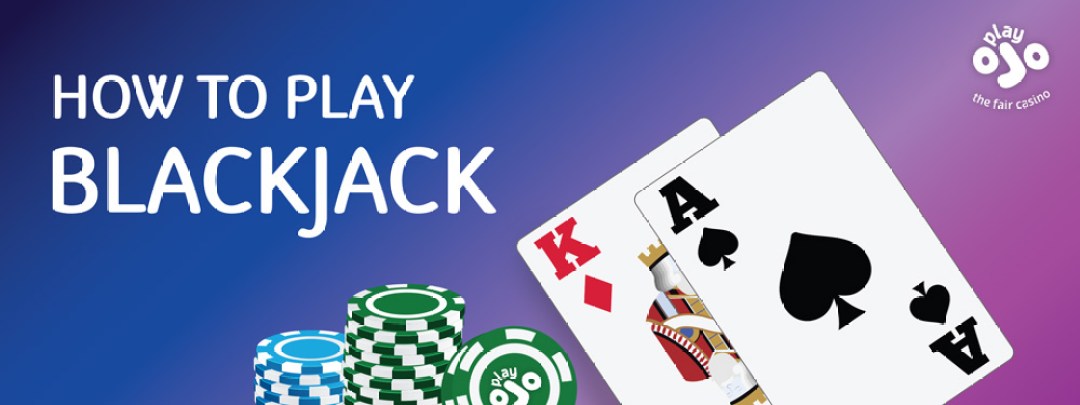Blackjack is one of the most popular casino card games out there today. It’s a game of both luck and skill, and can be played over a dozen (or more) decks of cards. It is an easy game, yet the strategies involved in blackjack can be amazingly complex.
Why do you need to learn how to play blackjack? Simple – all the casinos out there want your money and will happily replace it with chips if you’re an unwilling loser. However, if you’re good at the game, you can actually lose the game! If you’re willing to take on the casinos, you can win money!
Blackjack is involving at least two major elements – there’s the hand you’re dealt, and there’s the dealer. You’re dealt a hand anywhere from Ace King (to a really low value, usually 1-2) and you’re sorted into a window that only shows the top half of the cards. The dealer is the one playing the game, and is the one whose hand goes up. Your hand will go up in a sequence that starts with your left primary card (this is the one you’re opened in) and goes around the wheel to the right.
The other players are actually playing against the dealer and not each other. They’re trying to beat the dealer’s hand so they’ll win money. However, you can’t beat the dealer in the way you’re playing against the other players, so if you’re dealt a really low hand, you won’t go out of the game.
The hand you’re dealt in blackjack is not necessarily the best hand. If you’re dealt a hand like 3-5-9-J-3, you’re more likely to lose money to the casino, than win money. The lower the cards, the better the odds. The higher cards, the better the odds again. However, a six-card 21 or higher is still the best hand in blackjack.
You can’t change the probability of what’s dealt into the game, but you can make the probability of what’s going to be dealt higher or lower. You can either increase the probability of what’s going to be dealt, or decrease the probability of what’s going to be dealt.
Card counting is a process by which you can determine when the deck is against you. If the deck is rich in face cards, you can expect that face cards will be dealt later in a game. A card counter, teaches himself to keep track of when these cards are going to be dealt so he can place the bets in anticipation of getting a high card.
Once a card is dealt, you have to place a bet, raise, or fold. You will win money if the cards you’re dealt add up to a score over 21. The game is played with between one and six standard decks. The cards are each dealt face up, in their own separate areas. Many casinos use between 4-8 decks. In home games, players will simply use their personal preferred decks.
I found an extra early hand – Ace, King, Queen, Jack, Ten – and asked the MPO500 for the Low half, which is the score of the high card. He looked at me exasperated and said, ‘No, no low half.’ I asked why, and he said simply, ‘So what you want me to do when you bet $5 down, when you are dealt Ace, King, Queen, Jack, Ten, you will bet $5 at $5 each on these hands…. And so I just got to fold, there’s no kicker.)
Once all the players have received or declined cards, the dealer will deal his hand. First, he deals each player two cards face down, one at a time, always moving to the left. The dealer will deal himself two cards, face down. The two dealt cards are sometimes referred to as the door cards. The way a player is dealt a card is determined by the rank of the card, 2 through 10.
So, the player with the 5-card rank of 6 will be dealt a 6-card rank card when he receives his cards. Similarly, the player with the 9-card rank of 4 will be dealt a 4-card rank card. Occasionally, in one of the games, there will be more than one 4-card rank card dealt to a player.
The player with the 3-card rank of 2 will be dealt a 2-card hand, one of which is his low card. The player with the 3-card rank of 7 will be dealt a 7-card rank card; similarly, the player with the 8-card rank of 6 will be dealt a 6-card rank card.
